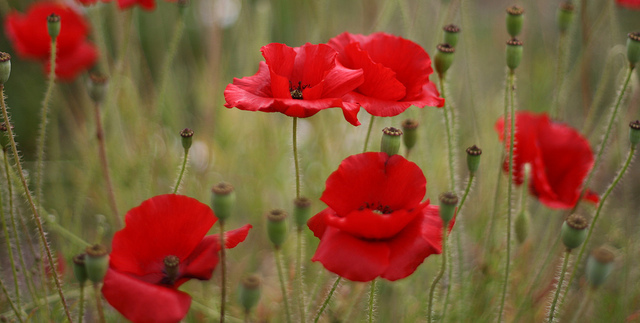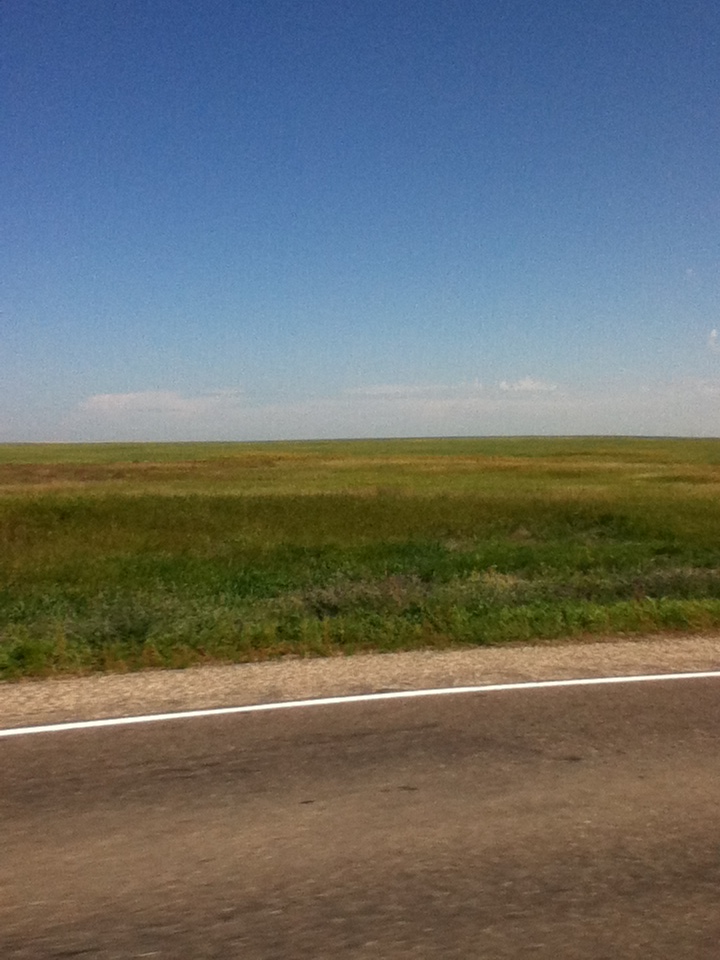With Remembrance Day tomorrow, I find myself faced with a mixture of emotions and feelings again, as a part of what seems to be a yearly mess of thoughts. It’s with a certain amount of timidity that I even write about my feelings at all, since I know that at times the ideas I entertain would perhaps disappoint and hurt people who are close to me – people who have been a part of these wars in the past, and who are personally invested in Remembrance Day. With so many emotions felt on all sides, as my American friends observe Veterans Day, or others Armistice Day, or Poppy Day, I honestly begin with some fear. These feelings run deep in people’s hearts, and I write not meaning to hurt or make light of the loss that people have suffered.
I hate war. Justifying bloodshed and killing has been a complex, messy, and emotional debate that has gone on for centuries, and I think will continue to do so. Very rarely has there been a just war. Not only that, but even in wars that are deemed ‘just’ by society and history books, there is no shortage of sorrow and death. Try to explain to the woman who lost her child that it was for a just cause that a foreigner took away her child’s life. Or explain to a wife that her husband died holding up the unjust end of the fight, and that the man operating the machine gun who killed him, was doing so out of just sense of duty. War is loss. It is filled with grief, regardless of whether it was deemed just by the people that wrote the history books after.
One of the core purposes of Remembrance Day is to honour and respect those who have died in the conflicts that my country has been involved in. However, along with this, there seems to come an underlying sense that I need to somehow honour the wars in which these people were killed. I know this may not be the case for everyone, and many might disagree; But in honouring someones death for a cause, I do in some way, honour the cause for which he died – something that I really, in right conscience, cannot do. I don’t think that every war Canada has fought in has been an honourable one. Most were far from our soil, and most resulted in the deaths of all kinds of people – both for its own men, those on the other side of the conflict and even those caught in the middle as well. Do I honour these wars? I grieve over them.
Another clause, if you might call it that, of Remembrance Day is the reason we honour these people who died. Time and time again the phrase is repeated, “for giving their lives to preserve the freedom of this country.” Again, I just don’t feel that I can be a part of that statement. I realise that even as I write this, I enjoy freedoms that were given to me as a result of events in the past. I don’t want to cheapen the lives that were lost, but I just don’t feel right about it either. Was the freedom of this country worth the lives of people from another nation? Was my freedom more important than theirs? Even the freedom of this country can be debated as well, seeing as the vast majority of Canadians essentially sit as invaders in a land that we have claimed as our own, from people who enjoyed freedom in this area before its colonisation and occupation. Yes, we have freedom, but we have it while we sit on someone else’s.
At these times I ask myself the question: how would I observe Remembrance Day if I spent it with my German friends, or anyone from the other side of the war? I have lots of friends from Germany. We’re not enemies, yet somehow we are called to honour the lives that were lost while killing people from the opposite side of the conflict. How would I observe Remembrance Day if I spent it with those who had lost family members and had been Canada’s “enemies” in the past? Would I talk about how glad I am to have my freedom and that their ancestors didn’t occupy ‘my’ land? I think I would simply grieve. And I suppose that’s where I have come with regards to Remembrance Day.
I will remember. I will remember the lives that were lost on all sides, in all our wars. I will remember that life is not cheap, and that victory is often simply a label placed over countless heartbeats that have been silenced and broken-hearted people who have lost those they love. I will remember the thousands of stones that stand in countries, marking where humans like me were buried – both those who were fighting and those who weren’t. I will remember the grief. But more than anything, I will remember the true sacrifice that was made, and the singular life that was laid down that “whoever believes in Him will not perish but have eternal life”(Jn. 3:16). Because this was the ultimate act of love, shedding Christ’s own blood rather than our own, though we made ourselves enemies to Him. This is what I will remember.
For me, Remembrance Day is grief; for lives lost on all sides, for humans in any uniform. This is what I will remember.


